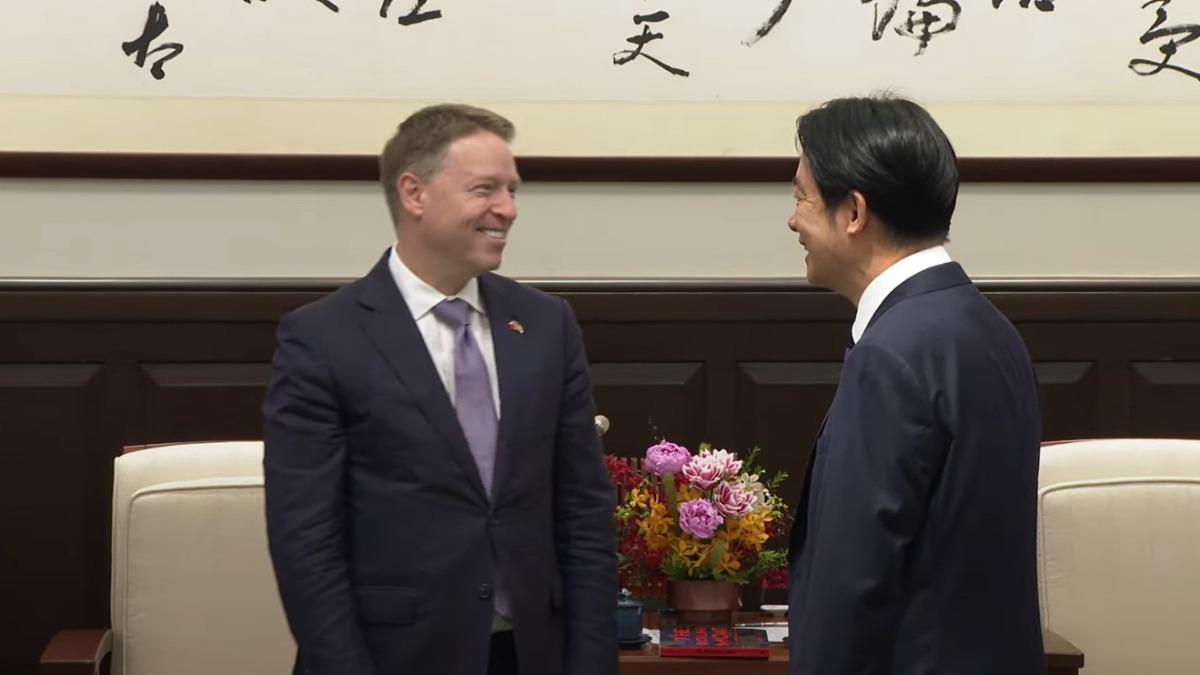TAIPEI (TVBS News) — U.S. former Deputy National Security Advisor Matt Pottinger emphasized the superiority of deterrence over combat in a statement on Thursday (June 13), highlighting its potential to temper Chinese leader Xi Jinping's optimism toward a Taiwan invasion.
Pottinger, alongside co-authors Ivan Kanapathy and Enoch Wu, attended the launch of their new book, "The Boiling Moat: Urgent Actions to Defend Taiwan," where they discussed strategies to deter aggression from China.
In his book, Pottinger argues that increasing military budgets and preparedness can serve as effective measures to prevent war, stressing that the cost of deterrence is significantly lower than the cost of conflict.
He further notes that deterrence and intimidation are psychological acts aimed at restraining Xi Jinping from initiating war. Pottinger believes that cultivating a will to fight and a consciousness of resistance, which he refers to as the "X factor," through training and societal dialogue, is key to defense.
During the book launch, Kazuyuki Katayama, the representative of the Japan-Taiwan Exchange Association in Taipei, underscored Taiwan's importance as a partner to Japan and the crucial role of peace and stability in the Taiwan Strait for global security.
At the event, Kanapathy expressed concerns over the diminishing deterrence against China, a result of long-term cooperation between the U.S., Japan, and Taiwan.
Wu explained that the book broke down common misconceptions, stating that the tension across the Taiwan Strait is not caused by the governance of Taiwan's Democratic Progressive Party (DPP) but by China's attempts to alter the status quo.
Pottinger concurred, highlighting that judging from Xi's actions and words, it's apparent that the Chinese leader is one aiming to change the status quo, not those of the U.S. and Taiwanese leaders.
The book's insights offer a comprehensive look at Taiwan's strategic importance in maintaining regional stability and the collective efforts needed to ensure peace.
As tensions continue, the authors' call for increased deterrence measures and international cooperation remains a critical point of discussion for policymakers and the global community.



